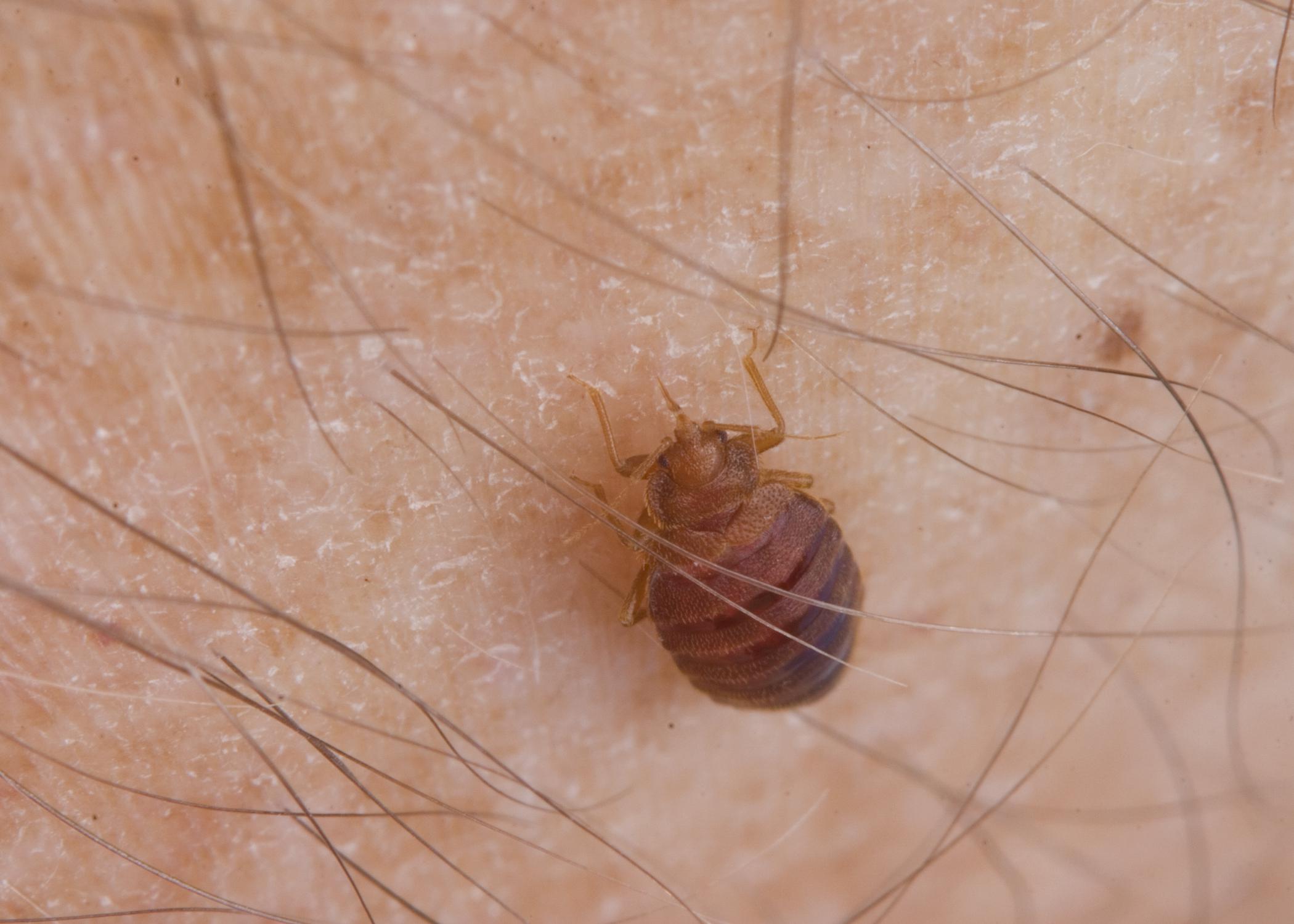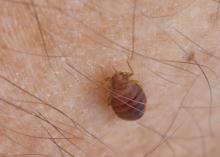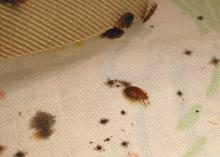Battle against bedbugs best won by prevention
STARKVILLE, Miss. -- When bedbug outbreaks make headlines, many travelers feel itches that may not exist because of the psychological trauma these pests inflict.
The Centers for Disease Control and Prevention has long classified bedbugs as a public health pest. These tiny parasites feed on the blood of humans and animals. Adult bedbugs are reddish-brown, have six legs and two antennae and are about the size of Abraham Lincoln’s engraved head on a penny.
Bedbugs are found across the globe, even in the cleanest living conditions. Infestations usually occur near areas where people sleep, but they are also found in public transportation. These insects typically hide in small spaces like the seams of mattresses, in bed frames or in clutter around a bed, and they can be unwittingly transported in luggage, bedding and furniture.
Jerome Goddard, an entomologist with the Mississippi State University Extension Service, said bedbugs are not known to spread disease, but their bites may cause itching and become an annoyance.
“The biggest problem associated with bedbugs is their nuisance biting and psychological or emotional effects,” Goddard said.
If bitten by a bedbug, the best treatment is to avoid scratching the area and apply an antiseptic cream or lotion.
Recently, Goddard reviewed 135 online accounts of individuals affected by bedbugs and found that 81% reported psychological symptoms associated with post-traumatic stress disorder. Symptoms include nightmares, insomnia, anxiety, hypervigilance and avoidance behaviors.
“It’s hard to tell for sure the exact extent bedbug infestations affect people’s mental and emotional health because we don’t know the person’s mental health status before the infestation,” he said. “However, our data suggests that the toll on a person’s psychological and emotional state is real.”
Bedbugs are located throughout the state of Mississippi, a fact that is true for all states and countries. While the insects are found at the most expensive addresses, lower income groups can be especially vulnerable.
“This is likely because they do not have the money to pay for professional pest control services,” Goddard said. “Treating bedbugs should be done by a licensed pest control person. Bedbug control is not something you can do yourself by purchasing products at your local home and garden store.”
Prevention is the best way to manage bedbugs. Santos Portugal, an Extension urban entomologist, said it is wise to do a basic bedbug check when entering a hotel room.
“It is better to take a couple of minutes to quickly look at the major potential areas of activity than to just set your luggage down and settle in,” Portugal said. “This doesn’t mean that all hotels have bedbugs, but you want to do what you can to reduce the risk of inadvertently bringing them home with you if they are there.”
A quick check means pulling sheets back to look at mattress seams, as well as checking hot spots like behind the headboard, on the luggage rack and along the bed frame. Look for bedbugs or their droppings, which are small, reddish-brown spots.
If evidence of bedbugs is found, do not unpack or put down belongings and luggage. Ask a manager about moving to a different room. They can coordinate with a pest management professional to treat the infested room.
If luggage has been placed where bedbugs are present, Goddard said a clothes dryer is a person’s best friend. Keep luggage outdoors and bring clothes straight inside to be cleaned.
“You can skip the wash stage and use the dryer first. Put all clothes in the dryer and run it on the high heat setting for 20 minutes,” Goddard said. “That will kill all bedbugs and their eggs.”






